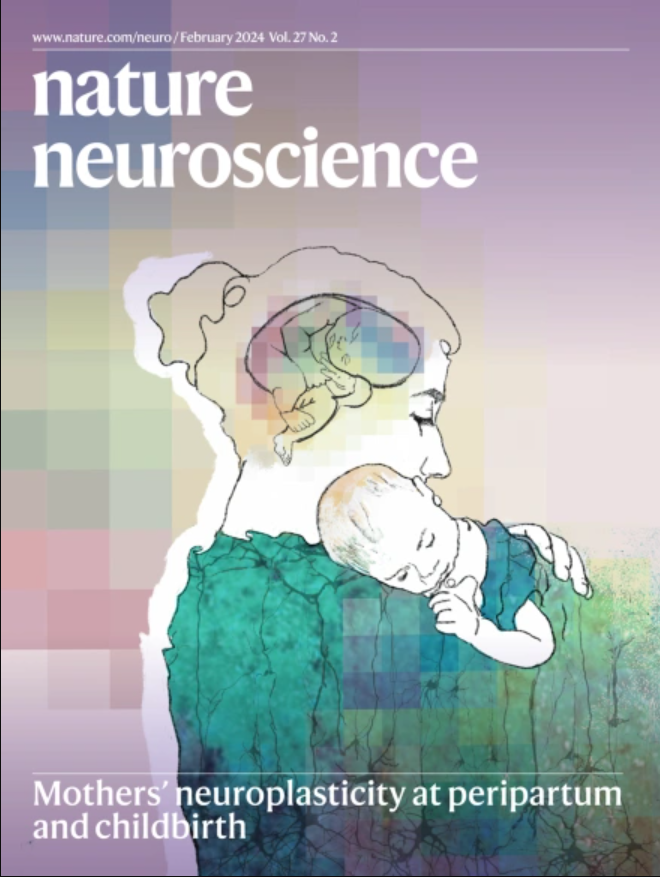Klaus A. Miczek (1945–2024)
IF 21.2
1区 医学
Q1 NEUROSCIENCES
引用次数: 0

克劳斯-米切克(1945-2024)
克劳斯-米切克出生于德国,1966 年在柏林师范学院获得文学学士学位。他在伊利诺伊州芝加哥大学完成了研究生培训,并在塞巴斯蒂安-格罗斯曼(Sebastian P. Grossman)的指导下开始研究攻击行为和条件反射的操作模型。1972 年获得博士学位后,他进入宾夕法尼亚州匹兹堡卡内基-梅隆大学任教,先后担任助理教授和副教授。1979 年,他接受了马萨诸塞州塔夫茨大学心理学系的一个职位,并于 1984 年晋升为教授。克劳斯在塔夫茨大学工作期间,一直担任摩西-亨特心理学、精神病学、药理学和神经科学教授。他去世时已 79 岁高龄。他的爱妻克里斯蒂安娜(Christiane)和儿子尼古拉-米切克(Nikolai Miczek)健在。图片来源:安娜-米勒/塔夫茨大学
本文章由计算机程序翻译,如有差异,请以英文原文为准。
求助全文
约1分钟内获得全文
求助全文
来源期刊

Nature neuroscience
医学-神经科学
CiteScore
38.60
自引率
1.20%
发文量
212
审稿时长
1 months
期刊介绍:
Nature Neuroscience, a multidisciplinary journal, publishes papers of the utmost quality and significance across all realms of neuroscience. The editors welcome contributions spanning molecular, cellular, systems, and cognitive neuroscience, along with psychophysics, computational modeling, and nervous system disorders. While no area is off-limits, studies offering fundamental insights into nervous system function receive priority.
The journal offers high visibility to both readers and authors, fostering interdisciplinary communication and accessibility to a broad audience. It maintains high standards of copy editing and production, rigorous peer review, rapid publication, and operates independently from academic societies and other vested interests.
In addition to primary research, Nature Neuroscience features news and views, reviews, editorials, commentaries, perspectives, book reviews, and correspondence, aiming to serve as the voice of the global neuroscience community.
 求助内容:
求助内容: 应助结果提醒方式:
应助结果提醒方式:


